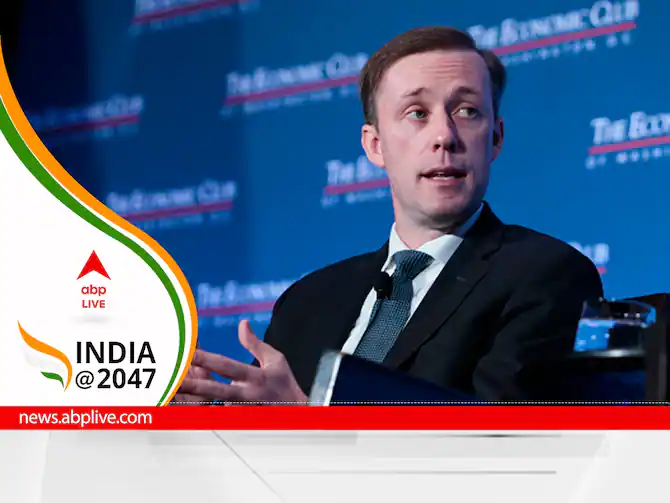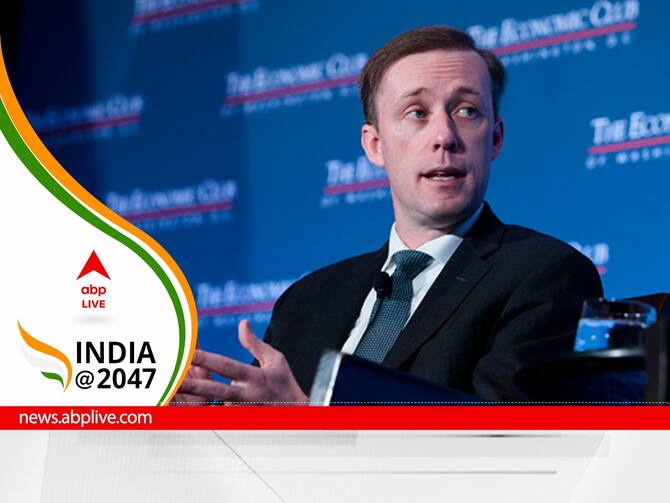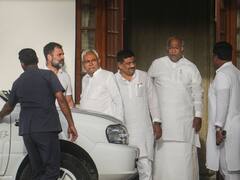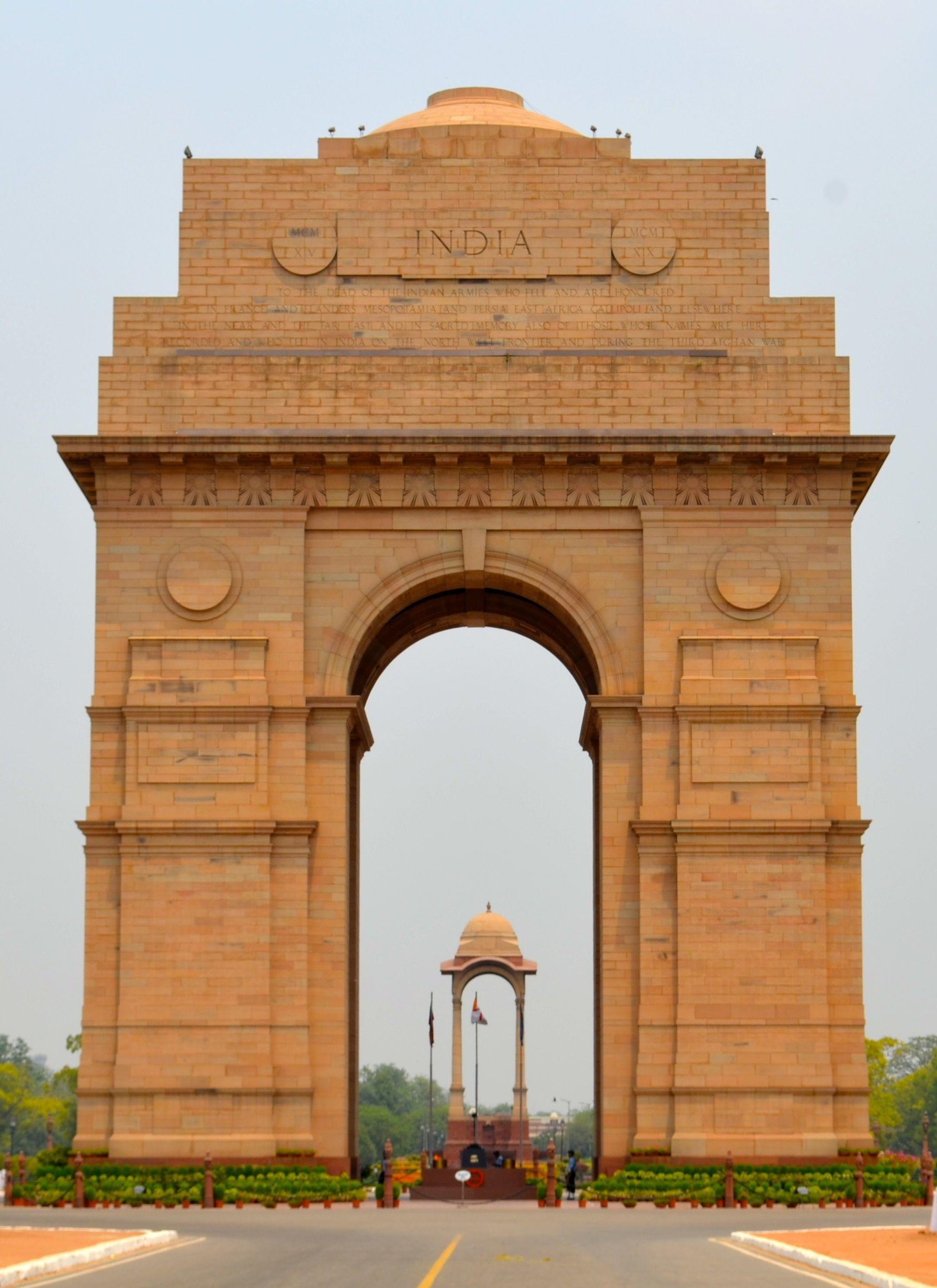
NSAs Doval, Sullivan To Take Forward US-India Defence Tech Talks Next Week, Ahead Of Modi Visit
Ahead of PM Modi’s state-level visit to US, the Biden administration will be dispatching NSA Jake Sullivan on a hurricane tour to India to negotiate modalities of defence technology transfer.

New Delhi: The US is leaving no stone unturned to make sure that India reduces its dependency on Russian weaponry system as Washington is all set to go for full transfer of defence technology with New Delhi for which US President Joe Biden will be dispatching his National Security Advisor (NSA) Jake Sullivan on a two-day trip to India.
The main agenda of the two-day visit, which is expected to take place on June 12-14, will seek to give a “new dimension” to the US-India defence relationship by way of setting the ball rolling to have the basic framework ready so that the big-ticket future arms deals can go through smoothly, multiples sources told ABP Live.
Sullivan, who will be meeting NSA Ajit Doval and other senior officials during his India visit, will pave the way for Prime Minister Narendra Modi’s first ever state-level visit to the US, during which New Delhi and Washington will be firming up “game changing” defence deals under the ‘defence innovation bridge’ under the US-India initiative on Critical and Emerging Technology (iCET), which was announced on May 2022.
The first round of talks on iCET was held between NSAs Doval and Sullivan in January this year in Washington. The second round is expected to take place next week. The technological collaboration between both sides will help India procure as well as produce more and more American weaponry, thereby reducing its dependence on Russian platforms.
Doval and Sullivan had last met in May in Jeddah along with the Saudi Prime Minister and Crown Prince Mohammed bin Salman, UAE National Security Advisor Sheikh Tahnoon bin Zayed Al Nahyan.
Big-Ticket Defence Deals Between India And US
Sullivan’s visit will also enable both sides to firm up some of the big-ticket defence deals that will bring both countries strategically closer giving a fillip to the Indo-Pacific policy. These deals are General Electric’s plans to transfer its sensitive jet engine technology to India for their production here as well as procurement of armed drones under the government-to-government deal.
However, it is the US Congress that will have to give its final green signal to the deal. During his visit from June 20-24, Modi will also address a joint session of the Congress on June 22, where he is expected to talk about growing US-India bilateral ties and how crucial it is for New Delhi to have a bipartisan support even as both countries promote ‘Comprehensive Global Strategic Partnership’ between them.
Modi is going to become the first Indian Prime Minister to address a joint meeting of the Congress twice.
Yet another deal that will witness finalisation is the sale of 30 MQ-9B Predator armed drones for the Indian Army, Navy and Air Force, manufactured by General Atomics Global Corporation. The deal was approved under the Donald Trump administration in 2018.
These deals are expected to give a major boost to India’s military capabilities while standing up against China.
Earlier this week, US and India finalised a roadmap for the US-India Defence Industrial Cooperation while kick-starting the talks for having agreements on Security of Supply Arrangement and a Reciprocal Defense Procurement in an effort to establish stable supply chains of arms and equipment. This was done during the visit of US Defence Secretary Lloyd Austin to India.
On Tuesday, the inaugural India-US Strategic Trade Dialogue (IUSSTD) was launched in Washington DC by Foreign Secretary Vinay Kwatra and Alan Estevez, Under Secretary for Industry and Security in the US Department of Commerce and Ambassador Victoria Nuland, Under Secretary of State for Political Affairs in the US Department of State.
Follow India-at-2047 News on abp LIVE for more latest stories and trending topics. Watch breaking news and top headlines online on abp News LIVE TV





